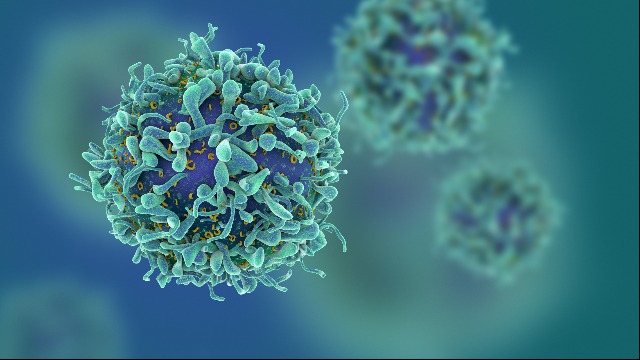Immune Anti-Inhibitor; Used To Control the Immune Response and Prevent It from Attacking Healthy Cells
Immune anti-inhibitors prevent an immune
response from being so strong that it destroys healthy cells in the body.
Immune inhibitors work by inhibiting the activity of the cells that produce
antibodies (this is how they help prevent illness). These antibodies normally
attack cancer cells, viruses, and bacteria, and play an important role in the
immune system. However, sometimes tumors can develop within the body that
suppress the immune system to prevent the growth of tumors. Immune
anti-inhibitors can play a key role in controlling and slowing down the growth
of tumors, and this may be the best option for an individual diagnosed with a
tumor.
Immune
anti-inhibitor can be used to control the immune response in the body.
Lag-3 is one of the most common forms of inhibitors. Lag-3 is an injectable
form of the protein 'lag-tyrosine'. It has been shown to be extremely effective
in treating various types of autoimmune diseases such as multiple sclerosis,
Crohn's disease, ulcerative colitis, and hepatitis. Although it is very
effective at reducing the immune response, there are no side effects associated
with taking lag-3 because it is injected directly into the muscles and not
absorbed into the blood stream like other pharmaceuticals.
Although there is no cure for auto-immune
disorder, such as multiple sclerosis or Lupus, there are methods that can
prevent them from recurring. Some of these preventative methods include immune
checkpoint inhibitors, boosting the strength of the immune system by taking vitamin
D or Lupus supplements. It is important to note that sometimes tumors may not
be caused by an underlying medical condition, and if this is the case, one may
need to consider other options such as Laparoscopic Surgery or Radiation
Therapy. Commercially available anti-inhibitor coagulant complex includes FEIBA
and FEIBA VH Immuno.
Immune inhibitors are associated with
haemophilia and inhibitors are antibodies developed in haemophilia patients.
With the increasing incidence of haemophilia (a bleeding disorder in which
blood does not clot normally), especially in the United States, the demand for
immune anti-inhibitors is also increasing. According to the Centers for Disease
Control and Prevention (CDC), each year, around 400 babies are in the U.S. born
with hemophilia A. However, the exact number of people living with hemophilia
in the U.S. is not known.



Comments
Post a Comment